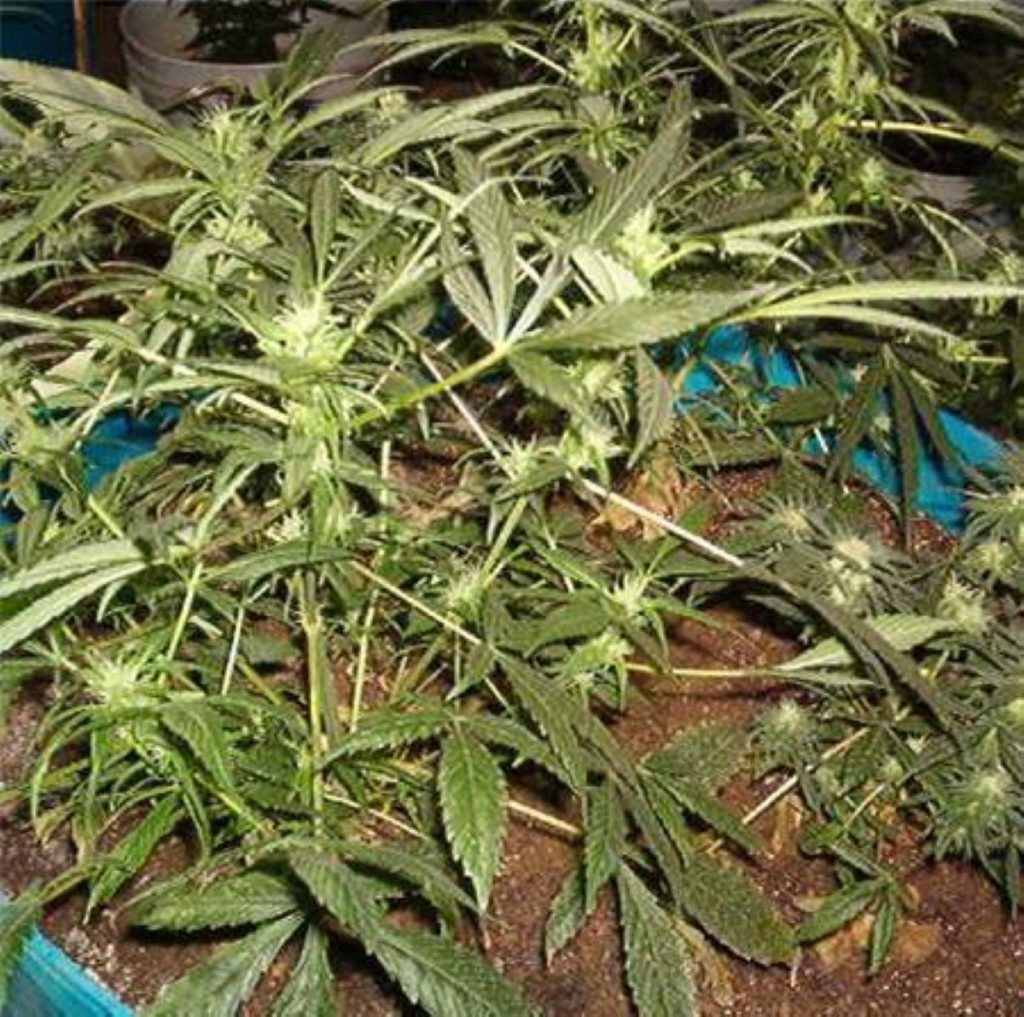Police to use ‘three strikes’ rule against cannabis users
By Laura Miller
Police have introduced a new ‘three strikes’ regime to target cannabis users following the government’s reclassification of the drug to class B.
After an initial warning, officers will enforce an £80 spot fine for a second offence before initiating court action for a third offence.
But John Fassenfelt, deputy chairman of the Magistrates Association, said the reclassification was confusing after the first step, handing out an £80 fine, was withdrawn for consultation by the justice ministry.


“It’s giving the wrong message out,” he told the BBC Radio 4 Today programme.
“The message now is that you can have cannabis and have a lesser punishment than another Class B drug.”
The government’s decision to reclassify the drug comes despite advice to the contrary by independent health advisors.
Some campaigners have criticised Jacqui Smith for ignoring the Advisory Council for the Misuse of Drugs (ACMD), which failed to establish any direct link between cannabis and mental illnesses like schizophrenia in a study last year, and accused the government of using cannabis as a “political football”.
“They don’t see that prohibition essentially drives the problem underground, makes the problems worse, and does nothing to protect young and vulnerable people”, said Andy Cornwell, from the Cannabis Education Trust.
“Prohibition doesn’t work, and whether cannabis is in category A, B or C, it’ll make virtually no difference to the number of people using it.”
Cannabis is now in the same legal category as amphetamines and barbiturates, drugs previously considered more much dangerous. In line with its reclassification the maximum sentence for possession of cannabis will now rise from two to five years.
In a statement the Home Office defended its decision, saying it is based on ‘uncertainty’ over the impact of stronger varieties of the drug.
“Skunk, a much stronger version of the drug, now dominates the UK’s cannabis market. It has swept other, less potent, forms of cannabis off the market, and now accounts for 81 per cent of cannabis available on our streets, compared to just 30 per cent in 2002.”
Mental health charities disagree over the issue of linking cannabis with poor mental health.
Charity Mind has not included cannabis use it in its policy considerations for the last two years, said a spokesperson.
“Reclassification makes little difference to actual cannabis use, and that money would be better spent on an education and awareness about the potential risks”, said Julia Lamb from the charity.
But Sane, which gave evidence to the ACMD review, echoed the government’s concerns and argued there are hundreds of cases where heavy cannabis, and particularly skunk users, went on to suffer psychotic breakdowns, hallucinations and paranoia.
Cannabis was downgraded to class C in 2004 by then home secretary David Blunkett to reduce the amount of police time spent dealing with those in possession of the drug.









